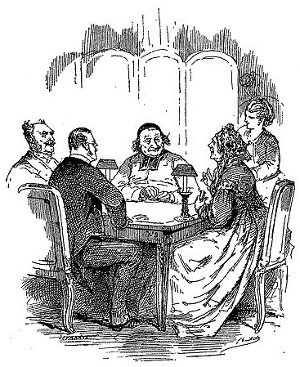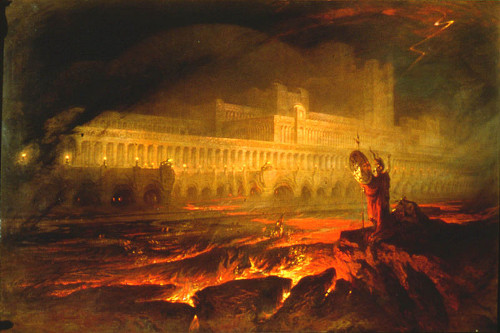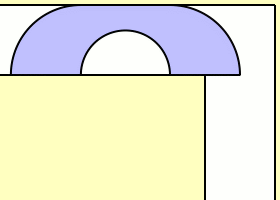
When thinking of numbers, about 5 percent of the population see them arranged on a sort of mental map. The shape varies from person to person, assuming “all sorts of angles, bends, curves, and zigzags,” in the words of Francis Galton, who described them first in The Visions of Sane Persons (1881). Usually the forms are two-dimensional, but occasionally they twist through space or bear color.
People who have forms report that they remain unchanged throughout life, but having one is such a peculiarly personal experience that “it would seem that a person having even a complicated form might live and die without knowing it, or at least without once fixing his attention upon it or speaking of it to his nearest friends,” wrote philosopher G.T.W. Patrick in 1893. One man told mathematician Underwood Dudley that “when he told his wife about his number form, she looked at him oddly, as if he were unusual, when he thought that she was the peculiar one because she did not have one.”
The phenomenon is poorly understood even today; possibly it arises because of a cross-activation between the parts of the brain that recognize spatial relationships and numbers. Two of Dudley’s students were identical twins; both had forms, but the forms were different. “Although our understanding of how the brain works has advanced since 1880, it probably has not advanced enough to deal with number forms,” he writes. “Another hundred years or so may be needed.”







